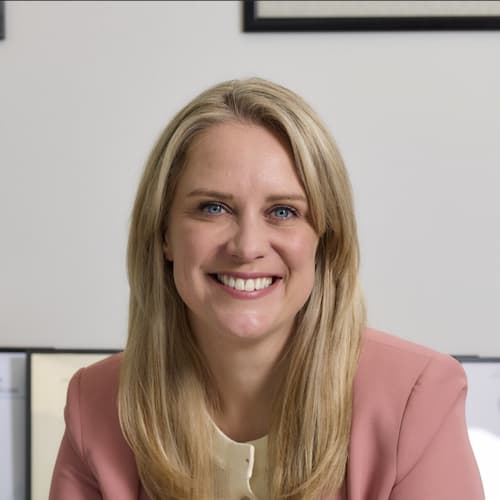

“Phoenixing” refers to a practice in which a company is liquidated—often leaving behind debts it owes, including tax liabilities—and then essentially re-created under a new name, with the same or very similar business, assets, or management. When this is done deliberately to avoid paying creditors (including HM Revenue & Customs), it is illegal, particularly if the earlier company is stripped of assets or fails to settle debts before dissolution. Not all business failures are phoenixing: genuine insolvency can happen for many reasons. But phoenixing abuses the system by repeatedly shedding liabilities and re-establishing operations under a “clean” identity.
HM Revenue & Customs (HMRC) estimates that in the 2022-23 financial year it lost £836 million through small-business phoenixing. That figure is significantly higher than previous estimates of around £570 million.
Phoenixing now accounts for roughly one-fifth of HMRC’s total tax losses for that period—that is, the money owed but deemed unlikely to be collected. Many of the businesses involved are in the retail sector, where firms may close, leave debts, then reopen in a slightly altered form, making recovery of unpaid taxes difficult.
Several factors are contributing to the rise in losses due to phoenixing:
The government has acknowledged the problem and begun implementing measures involving HMRC, Companies House, and the Insolvency Service.
Some of the steps being taken include:
For businesses, particularly small and medium-sized enterprises, the rise in phoenixing has several knock-on effects:
For organisations like Parker Walsh, this trend underscores the importance of advising clients generally on proper insolvency procedures, ensuring that any winding down or restructuring is done in compliance with laws, and being alert to the risks of phoenixing—not only for those doing it, but also for those inadvertently caught up in supply chains or trade relationships.

I am Molly Monks, a licensed insolvency practitioner at Parker Walsh. I have over 20 years of experience helping directors with the financial struggles they may face. I understand that it can be overwhelming and stressful, so I offer practical straightforward advice, which is also free and confidential. I spend time with directors to get a good understanding of their business and their goals, therefore providing the best tailored advice possible.
Email: molly@parkerwalsh.co.uk
Phone: 0161 546 8143
WhatsApp: 07822 012199
